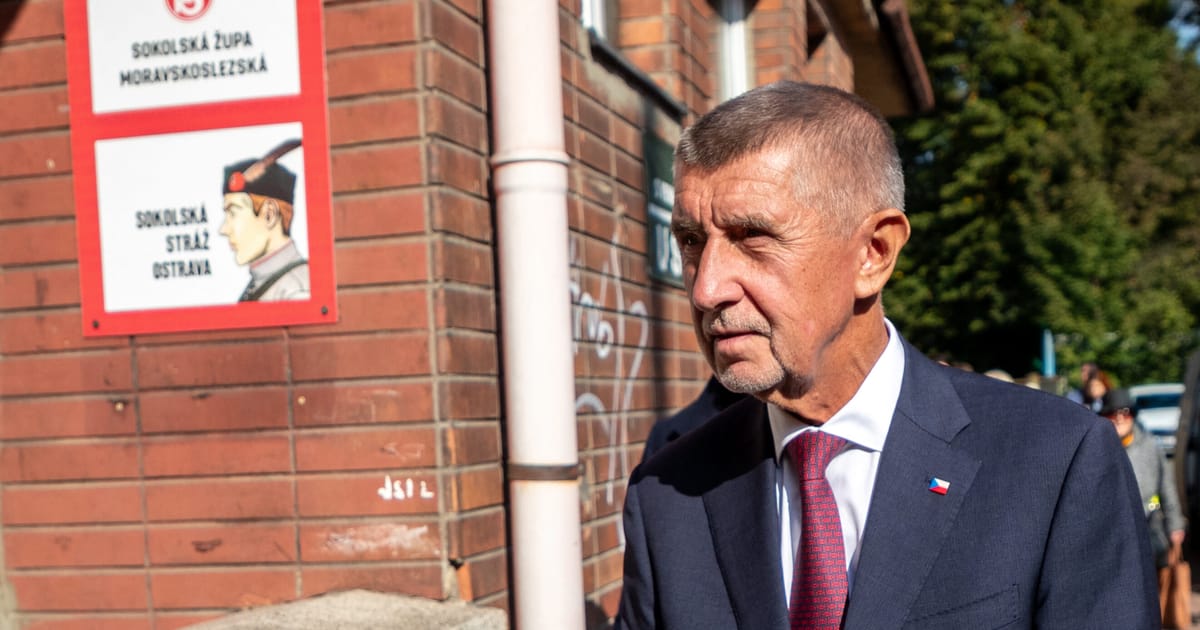Based on past election experience, the State Election Commission, which is compiling provisional results from more than 14,800 locations across Czechia and worldwide, is expected to confirm the final outcome by Monday. But the introduction of new mail-in voting could cause delays.
In total, 4,462 candidates and 26 parties are competing. Voter turnout was estimated at 68 percent, the highest since the 1998 elections.
The STAN (Mayors and Independents) party, the fourth member of the current governing coalition, trailed in third with 11 percent, followed by the far-right, eurosceptic Freedom and Direct Democracy (SPD) at 8 percent — down from 13 percent in recent opinion polls. The Pirate Party, former governing coalition member that quit last year, was on 8 percent.
The election surprise is the right-wing populist Motorists for Themselves party, which is on track to enter the parliament with around 7 percent despite hovering barely above the 5 percent threshold during the campaign. The far-left Stačilo! (Enough) party, which had been polling higher, is likely to fall short.
Europe has been watching the Czech elections with caution, as Babiš has vowed to scrap the ammunition initiative for Ukraine, challenge NATO’s plans to boost military spending, and confront the European Commission over the Green Deal.
Critics fear that if the right-wing billionaire regains power, the Czech Republic could become a new bête noire for the EU alongside Viktor Orbán’s Hungary and Robert Fico’s Slovakia.
“I believe that if we look at his statements and his allies in Europe — like Viktor Orbán and what he has done with Hungary — he [Babiš] will start pushing the Czech Republic toward the margins,” Czech Foreign Minister Jan Lipavský told POLITICO.
“I don’t want the Czech Republic to end up on the margins of Europe, like what happened to Hungary or Slovakia,” Lipavský said. “And today there is a big difference between being part of a willing coalition or not.”

